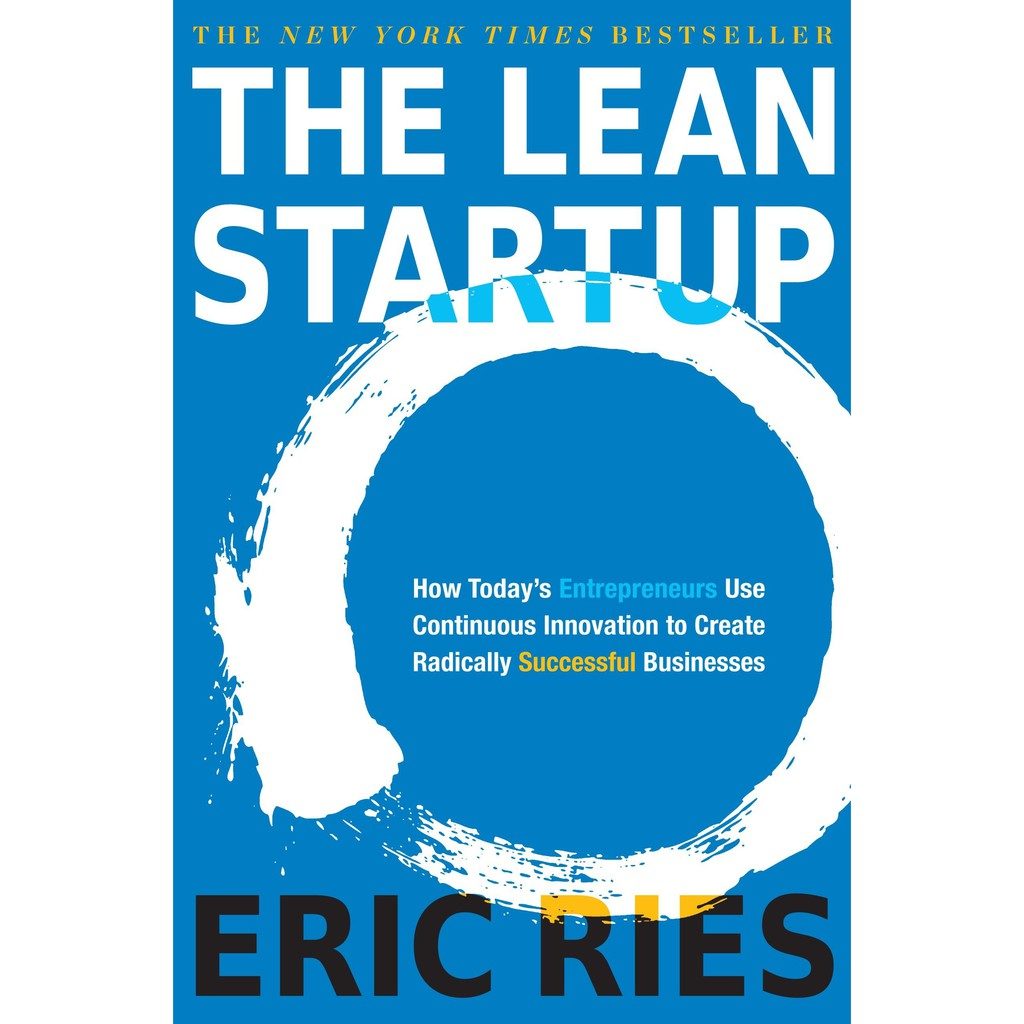The Lean Startup methodology is a new approach to business that emphasizes speed, innovation, and efficiency. The goal of the Lean Startup is to create a new business model or product as quickly and efficiently as possible. Silicon Valley entrepreneurs such as Eric Ries and Steve Blank have popularized this new way of thinking about business.
In the traditional model of starting a business, you would develop an idea, build a prototype, and launch your product or service to the market. However, in the Lean Startup model, you first validate your idea with potential customers before you even start building anything. This validation process is known as the “Minimum Viable Product” (MVP).

The MVP or minimum viable product is the smallest version of your product or service that you can create to get feedback from potential customers. This could be simple as a landing page or a blog post. The key is to get feedback early and often to validate (or invalidate) your assumptions about your business model.
Once you have validated your MVP, you can start building your product or service. However, even at this stage, you should continue to focus on speed and efficiency. This means using agile development methods and constantly experimenting with new ideas.
The Lean Startup methodology is all about learning as quickly as possible. You can save time and money in the long run by validating your ideas early on. Additionally, by constantly experimenting, you can rapidly iterate on your ideas and improve your chances of success.
Suppose you’re interested in learning more about the Lean Startup methodology. In that case, I highly recommend reading Eric Ries‘s book, The Lean Startup: How Today’s Entrepreneurs Use Continuous Innovation to Create Radically Successful Businesses.
The Lean Startup has already had a major impact on the startup world, and it will only become more popular in the future. If you’re considering starting a business, I urge you to consider using the Lean Startup methodology. It could be the difference between success and failure.
The key principles of lean startup are:
Build-Measure-Learn: This is the core of lean startup methodology. It involves building a minimum viable product (MVP) as quickly as possible, measuring its success, and learning from the feedback to make improvements and iterate on the product.
Customer Validation: This principle emphasizes the importance of gathering customer feedback early and often to validate assumptions and ensure that the product or service meets their needs.
Continuous Improvement: Lean startup is a continuous process of experimentation and improvement. This principle encourages entrepreneurs to constantly iterate on their product based on customer feedback and market conditions.
Pivot: A pivot is a change in direction that occurs when a business idea is not working. Lean startup encourages entrepreneurs to be open to pivoting and changing course when necessary.
Lean startup can help your business in several ways:
Testing and validating ideas: Lean startup provides a framework for quickly testing and validating business ideas. This means you can avoid wasting time and resources on ideas that may not work.
Minimizing risk: By testing your ideas early and often, you can identify and address potential problems before they become major issues. This can help minimize risk and increase your chances of success.
Focusing on customer needs: Lean startup emphasizes the importance of understanding and meeting customer needs. By focusing on your customers and their needs, you can create products and services that are more likely to succeed in the market.
Iterating and improving: Lean startup encourages continuous iteration and improvement based on customer feedback. This means you can create products and services that are always evolving and improving, which can help you stay ahead of the competition.
Overall, lean startup can help your business become more agile, efficient, and customer-focused, which can increase your chances of success in today’s fast-paced business environment.